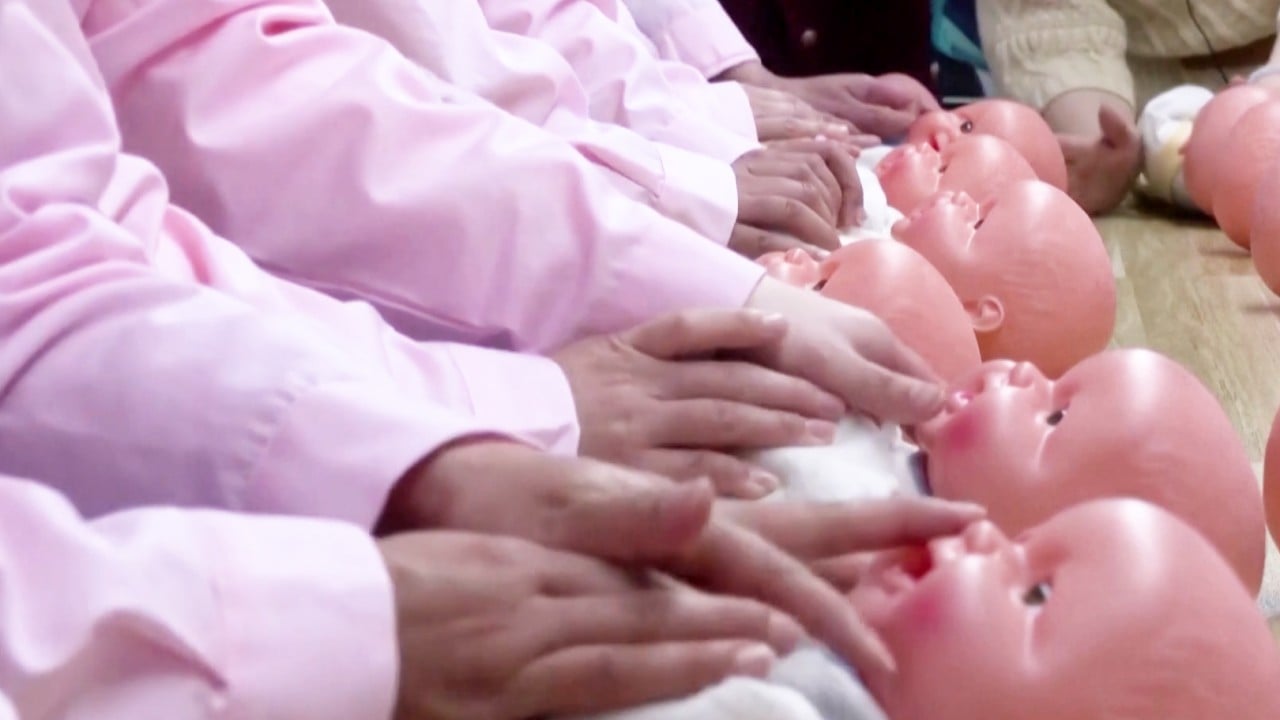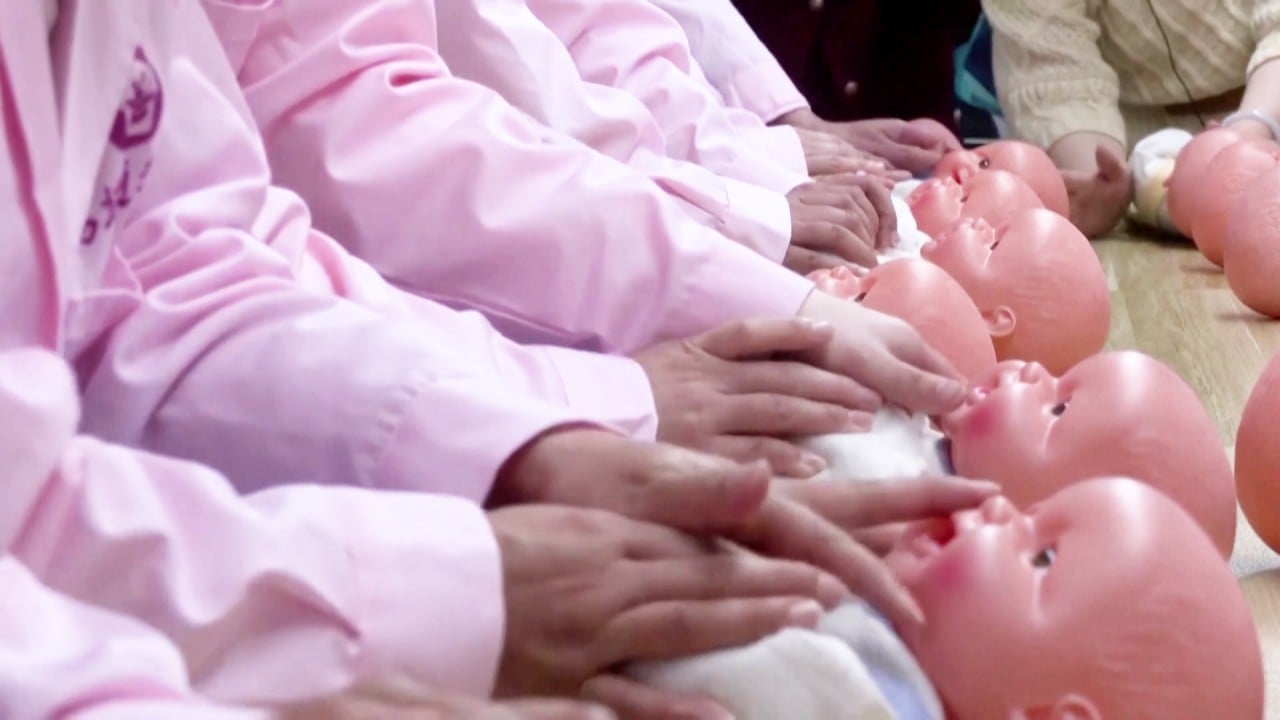Authorities in southwestern China have pledged to set up a task force and hold dating events to “tackle marriage problems” faced by tens of thousands of bachelors above 35.
The initiative from the Dali Bai autonomous prefecture of Yunnan province comes as the country tries to fend off a dire demographic crisis caused by falling birth rates and an ageing population.
Door-to-door surveys showed the prefecture was home to nearly 33,000 unmarried men aged between 35 and 55 as of last September, online news portal The Paper reported on Friday, citing the regional government.
A task force will be set up to address the problem, and dating events held across towns for unmarried men of different age and interest groups, the government said.
The trade union of Dali will also hold 13 dating events before the year-end to “promote a correct view of marriage and love among young people and increase the marriage rate”, according to The Paper.
Local youth and women’s groups were already working hard to help young couples get married, the report said. This included set up dating corners and activity centres, marriage advisory services, and regular group activities for rural men.
The regional government has also encouraged grass-roots organisations, local communities, and foreigners married to Chinese men to help young people find dates.
“We established social media groups that calculate the information of unmarried people in our district to more accurately provide dating services,” officials were quoted as saying. “Currently, the prefecture has 23 dating centres and 60 matchmakers.”
Unmarried men far outnumber single women in China, with decades of a one-child policy and a long-standing preference for sons having skewed the gender balance. China has long reported unbalanced gender ratios at birth. For instance, in 2000, there were 117 boys for every 100 girls, according to the official census report.
Analysts fear the births crisis will have far-reaching effects on economic growth, and the surplus of unmarried men might lead to social instability.
As early as 2015, an article in an official Communist Party publication highlighted the likely social problems of having a large number of “leftover men”.
They could be driven to kidnap women or become addicted to pornography, Li Shuzhuo, then a researcher in population and development studies at Xian Jiaotong University, warned in his article.
“The government and society need to ensure the benefits due to ‘leftover men’ and their development, in order to maintain public safety,” Li wrote.
China has in recent years implemented policies encouraging couples to get married and have children in the face of the population crisis.
According to official data, just 3.43 million people registered to get married during the first six months of this year, the lowest in a decade and a 12 per cent drop from the same period last year.
Birth rates have also taken a plunge, with a record low of 9.02 million newborns in January.
However, a slew of incentives, including cheaper housing, tax cuts and even cash handouts, seem to have had little effect, especially among urban educated youth.
President Xi Jinping has also called for women to return to more traditional roles, urging officials to “foster a new type of marriage and childbearing culture”.
Dali is not the first regional authority to lead a marriage drive. Last year, a county in southern Guizhou province also identified unmarried men through door-to-door surveys to help them start a family or find jobs, or to provide elderly care services.




